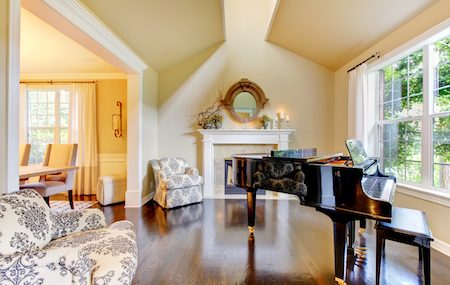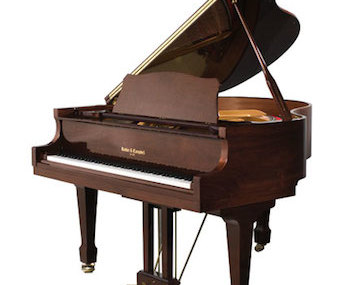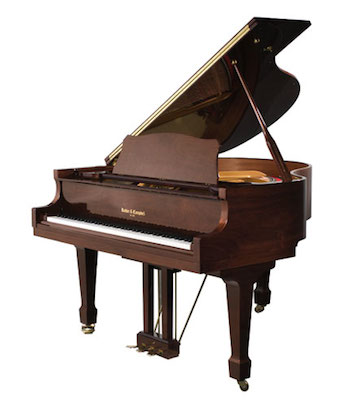Some things you buy and consume quickly. Others, you buy to hold as an investment. You want it to have a lasting impact well into the future.
Pianos fall into the latter category. When you purchase a piano, you do so for the love of music. If you invest wisely, it can last for decades.
But what does it take to get a good one? If you’re considering buying a piano this year, what should you look for?
Think quality first
Playing the piano is on many people’s to-do lists. The trouble is, they approach the hobby in the wrong way. If you buy a keyboard from the local big box store, it won’t have the qualities you need to learn properly. It’s nothing more than a toy.
To ensure you have a quality instrument to play, it’s important to consider your goals. Do you want to play for personal enjoyment? Do you hope to play in front of an audience one day? Or maybe even form your own band? Use that as your goal for learning and purchase. Yes, you can always trade a starter piano in for a higher quality instrument. But if you purchase a high quality piano from the start, it will last well into the future. Sound is everything. You can’t create a pleasing sound on a poor quality instrument.
That also means investing in a piano that won’t change sound quality quickly. Pick up a “free” piano on Craigslist, and you may have a less-than-stable piano with a voice that sounds “off” and an instrument that just can’t stay in tune.
Warranties
A piano can be a significant investment. And when you build a budget for your piano to ensure you buy a high quality instrument, nothing can be more discerning than not getting what you thought you invested in.
Warranties can protect your piano from manufacturer’s default. Some dealers may offer additional services and plans to help you care for your piano in the years to come. Be sure you ask about all the dealer covers. You won’t get that if you buy off the internet.
Why dealers are still the best choice
With so many pianos available in so many ways, people often wonder why they should turn to a professional. It’s because of advice and service.
A dealer is passionate about playing the piano. They know the instrument inside and out, and can teach you all you need to know to make an educated purchase. They can even provide insight for things like classes and training.
Is this the year you’ll be buying a new piano? Are you ready to bring music into your life?








